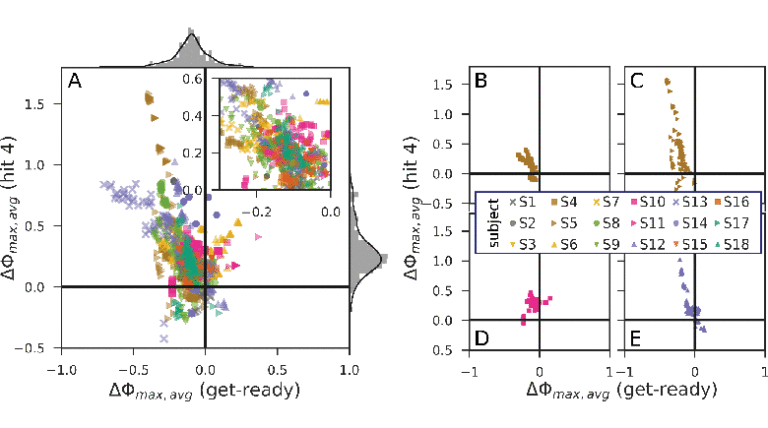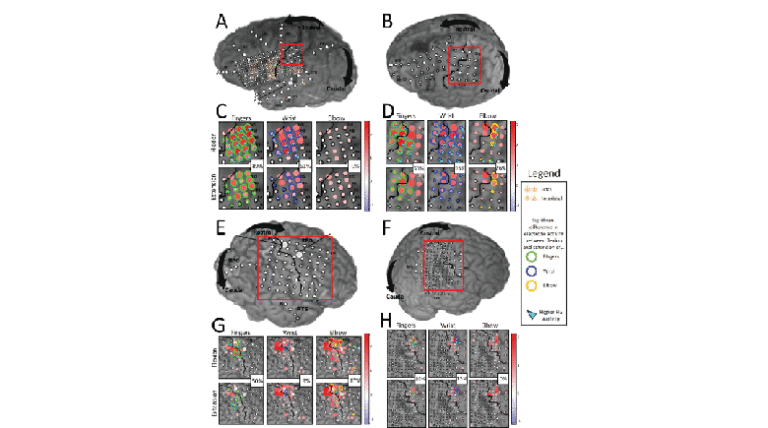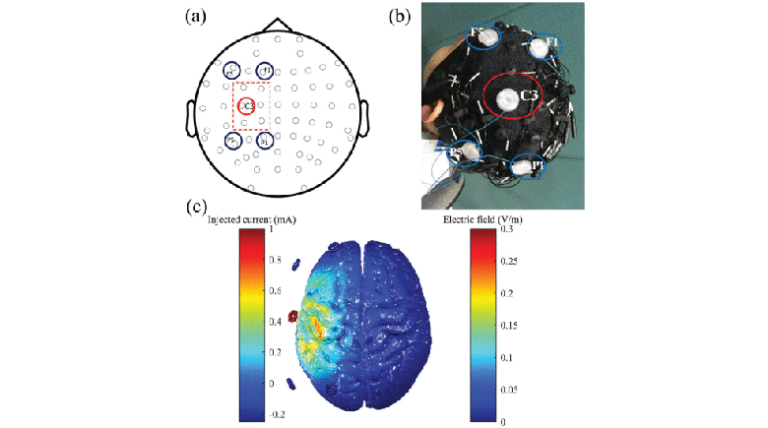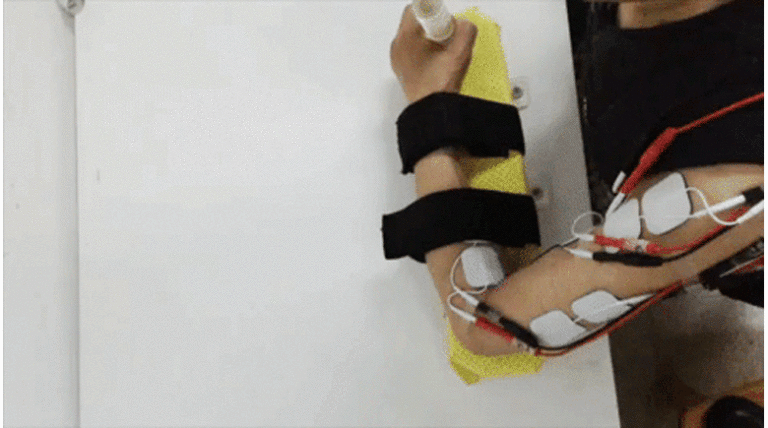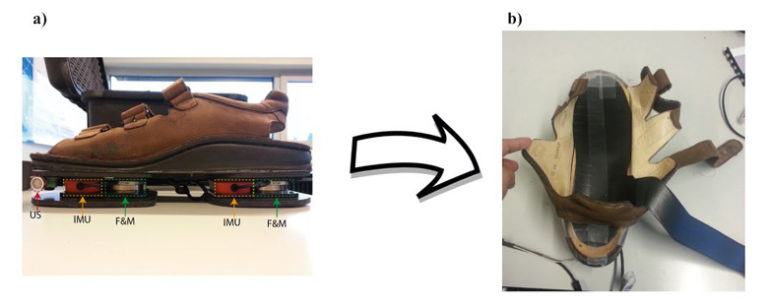There is a pressing need for strategies to slow or treat the progression of functional decline in people living with HIV. This paper explores a novel rehabilitation robotics approach to…
read moreData-driven spatial filtering algorithms optimize scores, such as the contrast between two conditions to extract oscillatory brain signal components. Most machine learning approaches for the filter estimation, however, disregard…
read moreBrain–machine interface (BMI) researchers have traditionally focused on modeling endpoint reaching tasks to provide the control of neurally driven prosthetic arms. Most previous research has focused on achieving an…
read moreHigh-definition transcranial direct current stimulation (HD-tDCS) is a potential neuromodulation apparatus for stroke rehabilitation. However, its modulatory effects in stroke subjects is still not well understood. In this paper,…
read moreFunctional electrical stimulation (FES) is capable of activating muscles that are under-recruited in neurological diseases, such as stroke. Therefore, FES provides a promising technology for assisting upper-limb motor functions…
read moreRemote monitoring of gait performance offers possibilities for objective evaluation, and tackling impairment in motor ability, gait, and balance in populations such as elderly, stroke, multiple sclerosis, Parkinson’s, etc.…
read more


